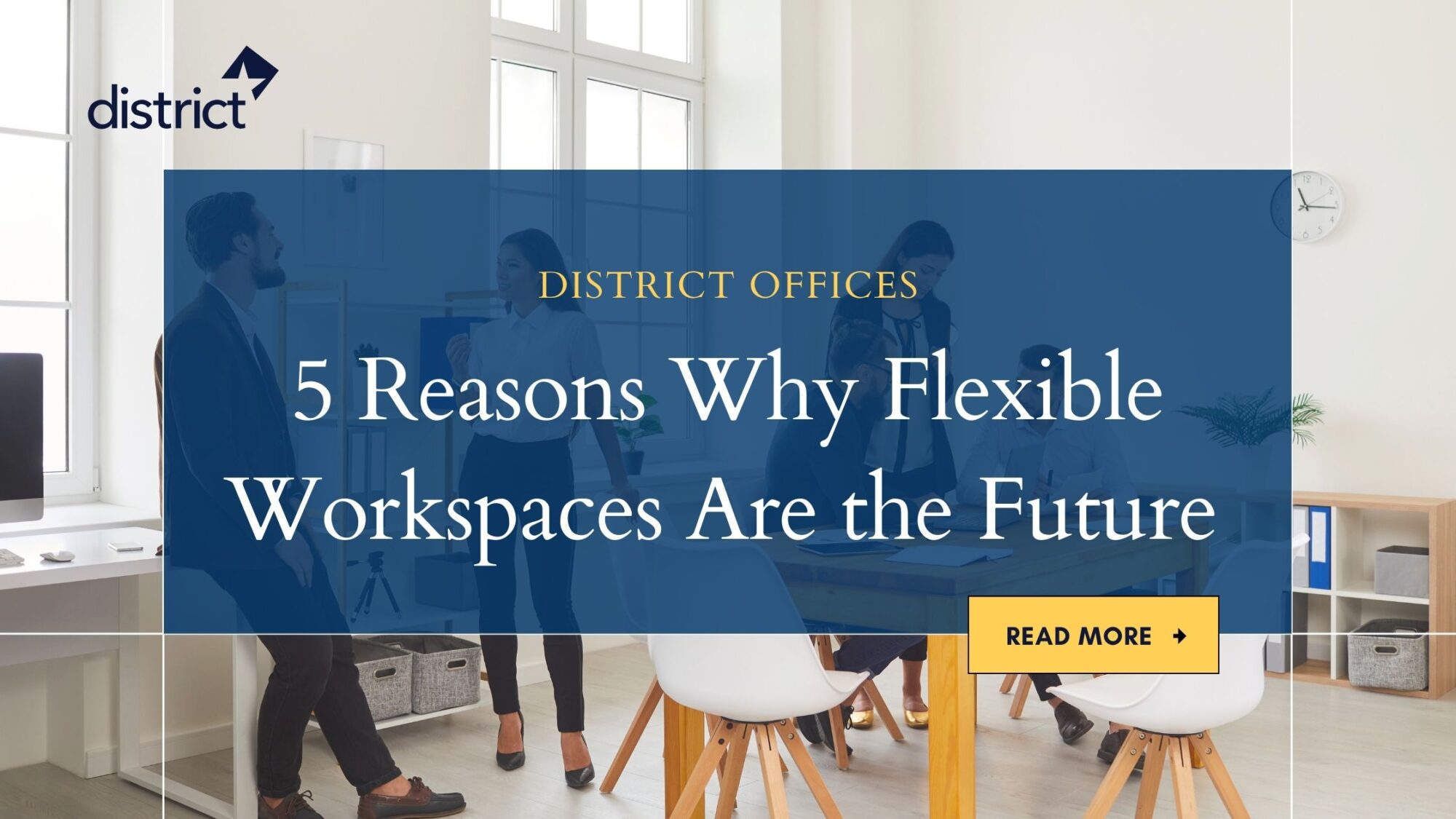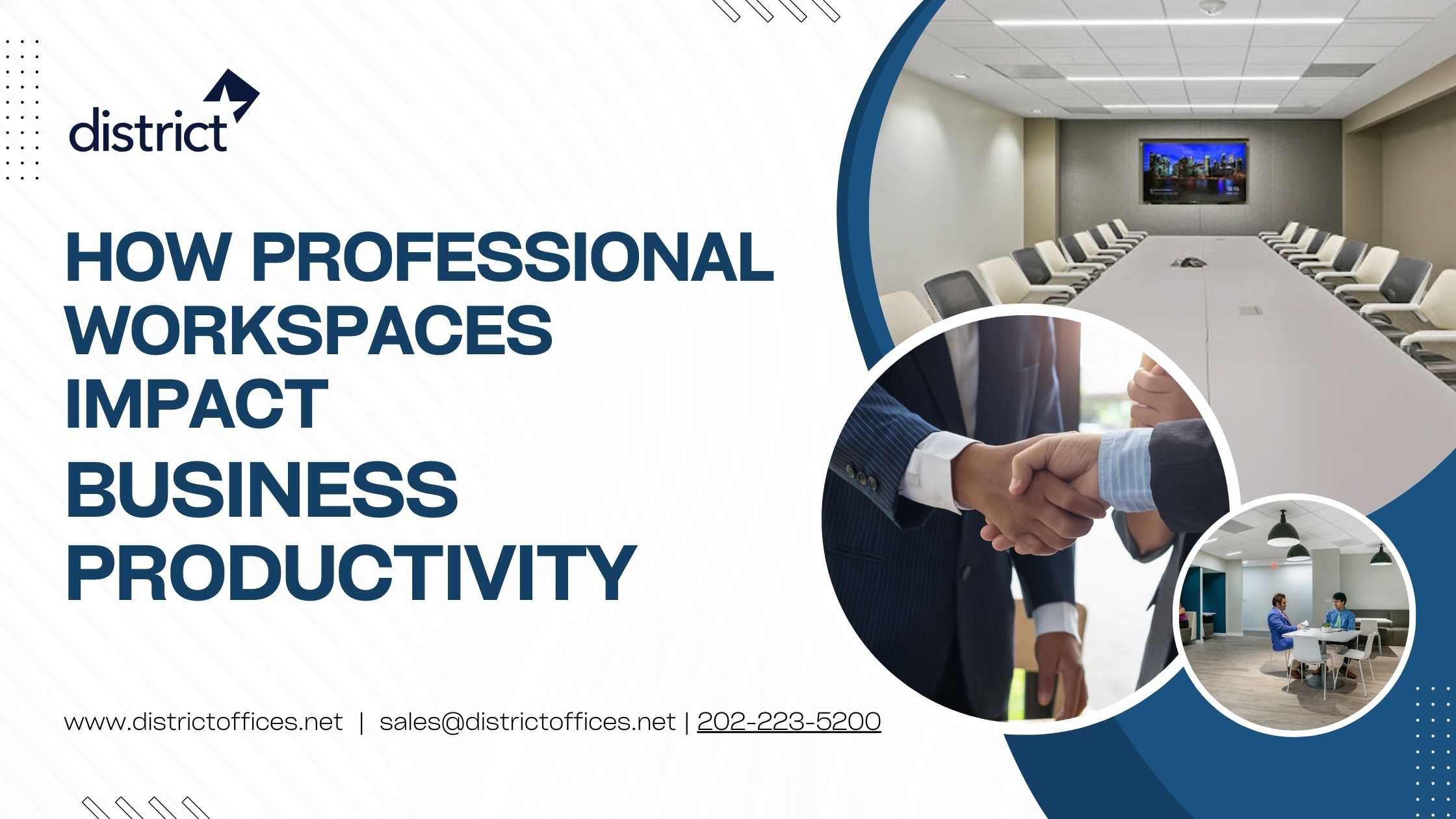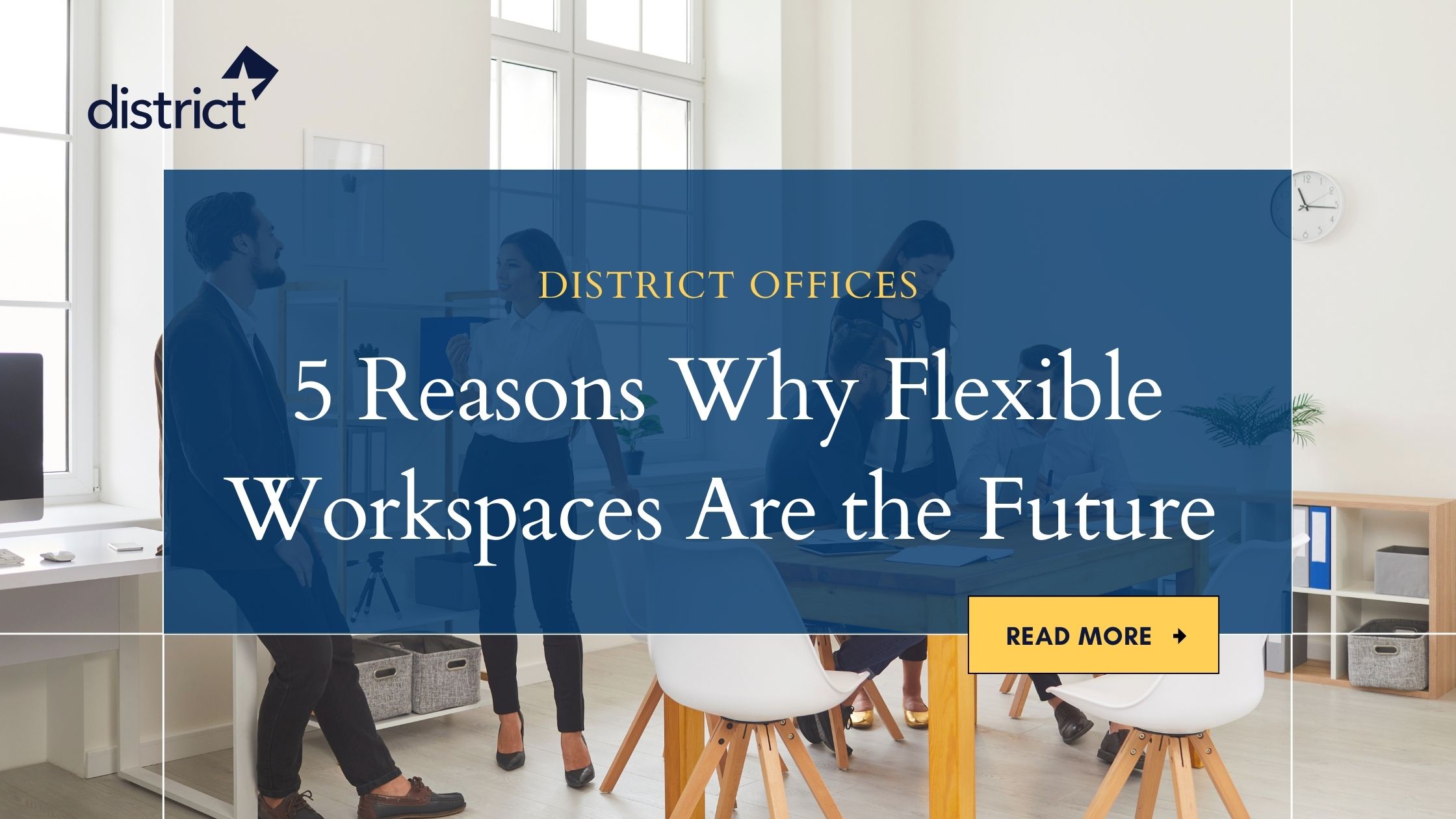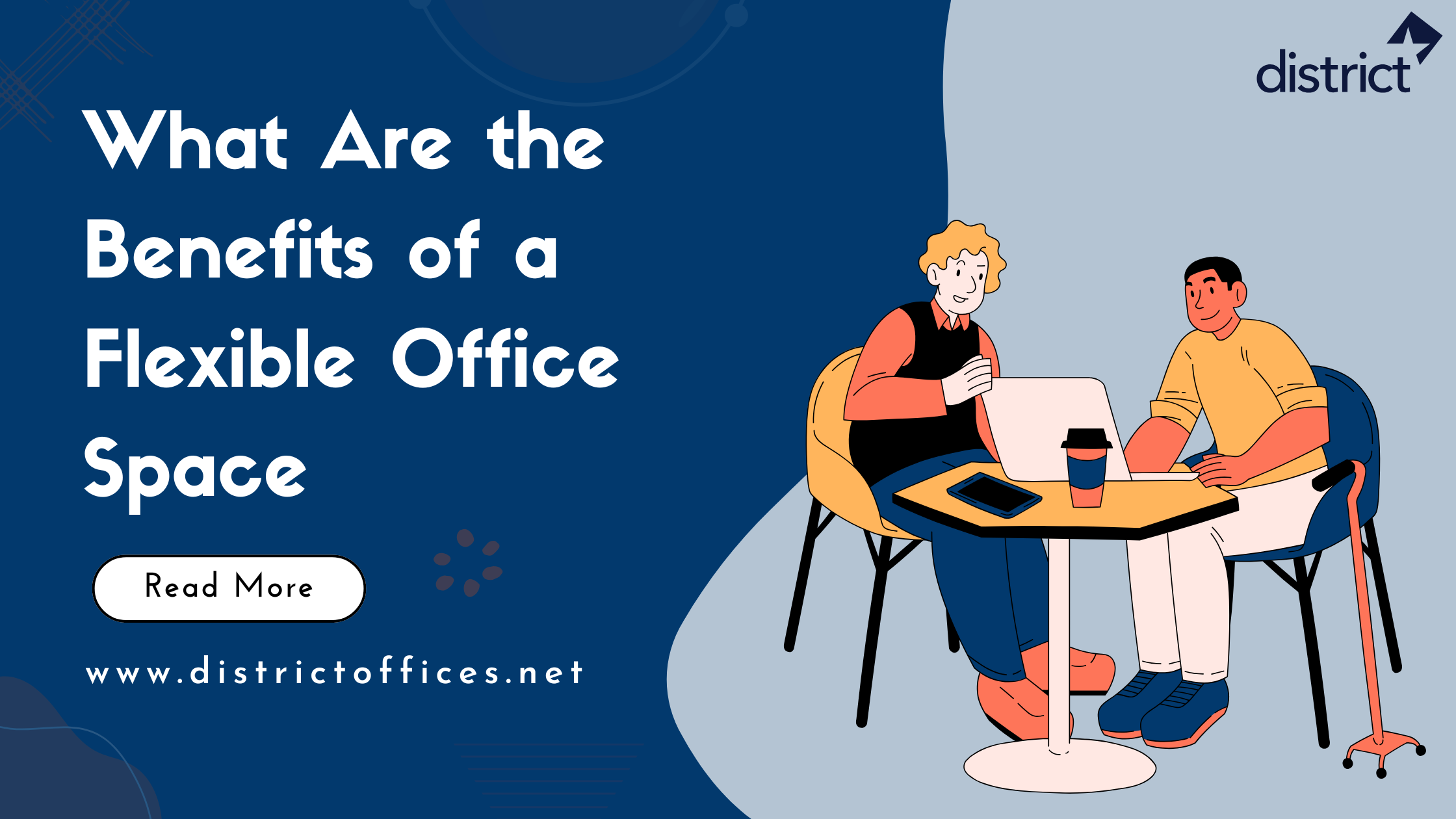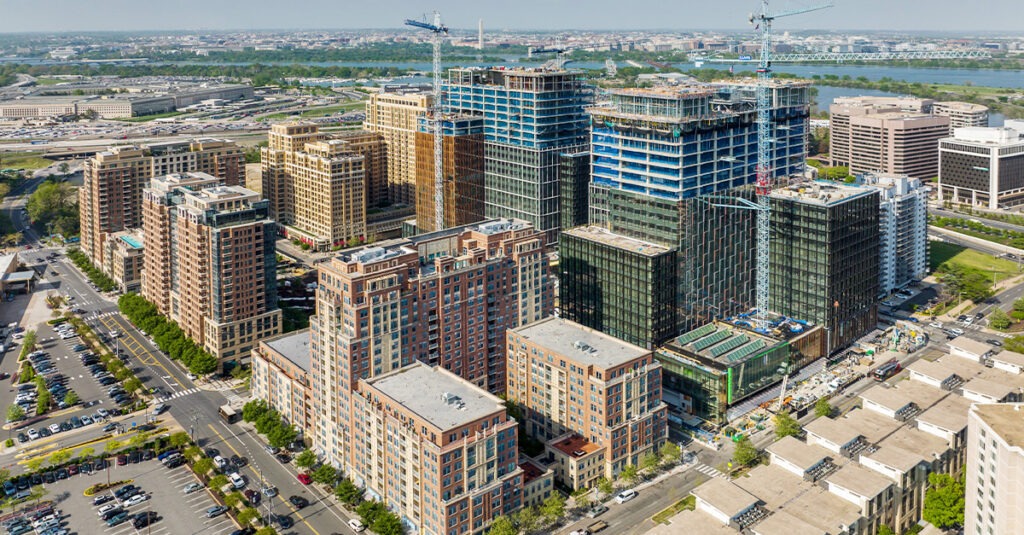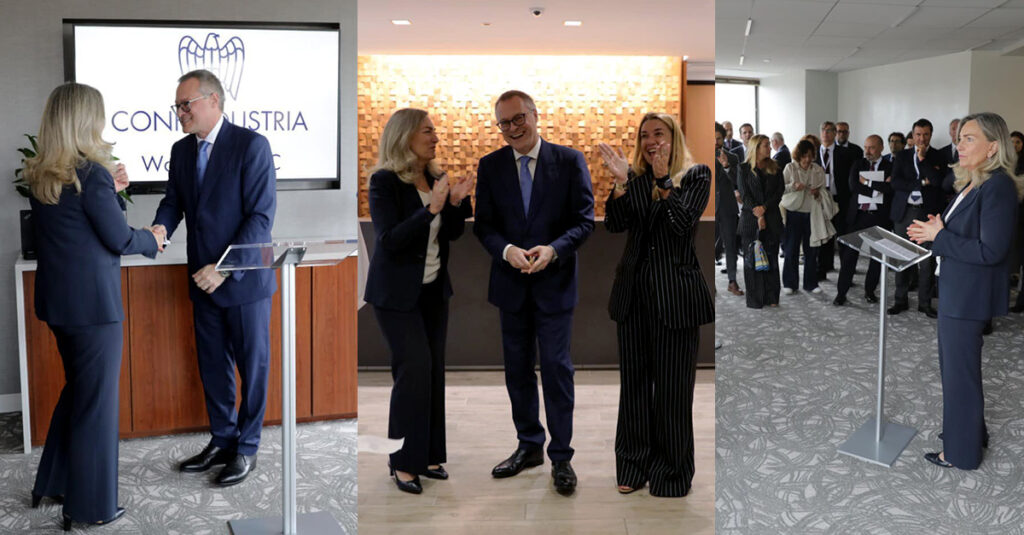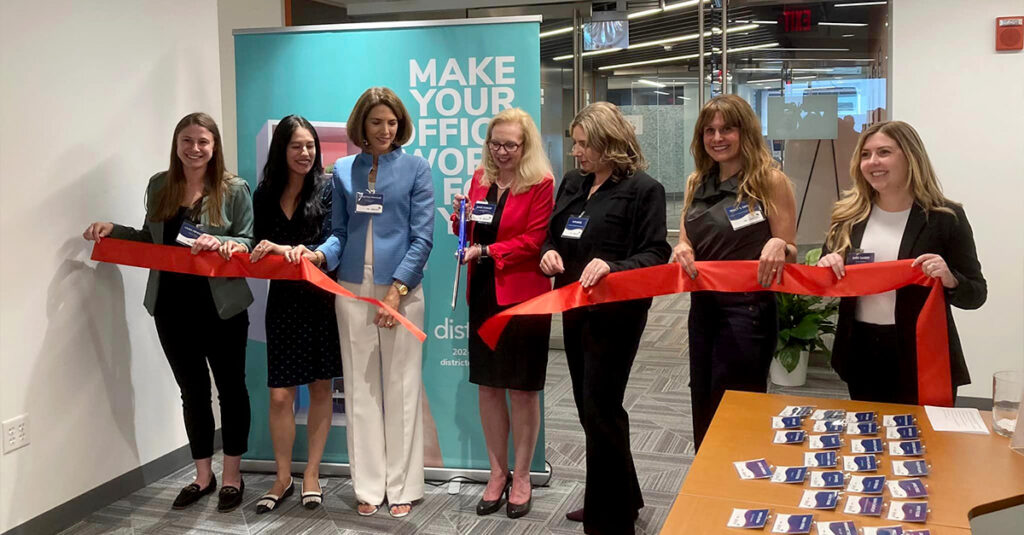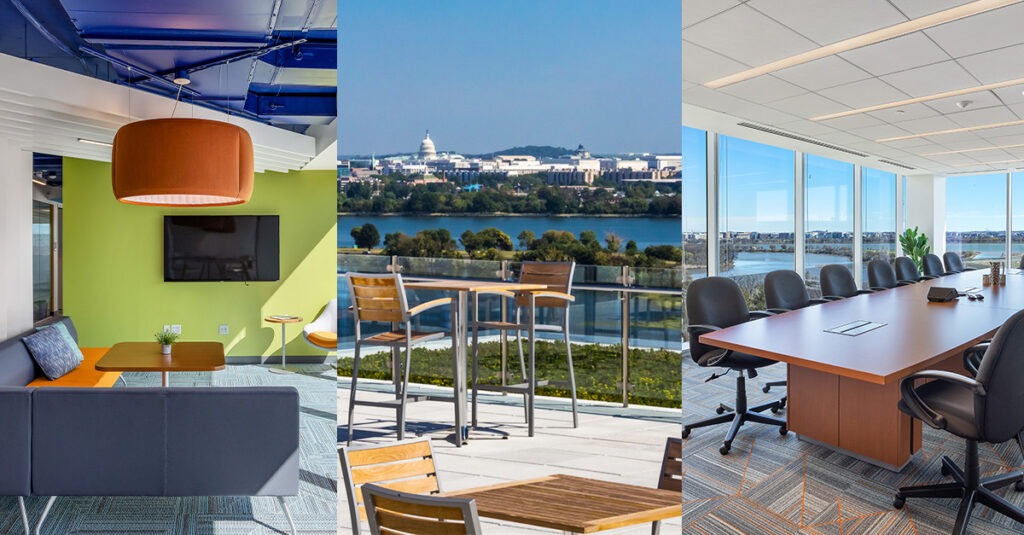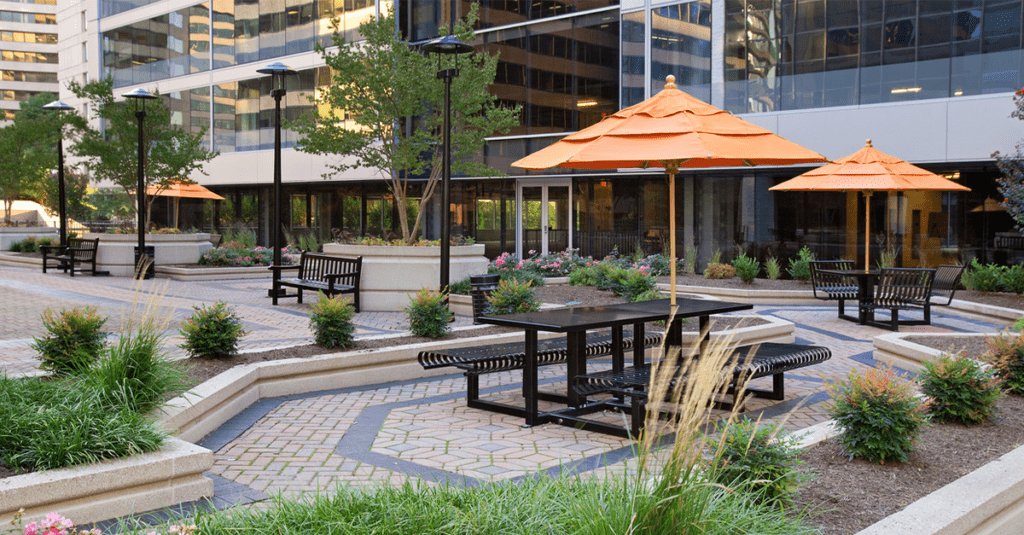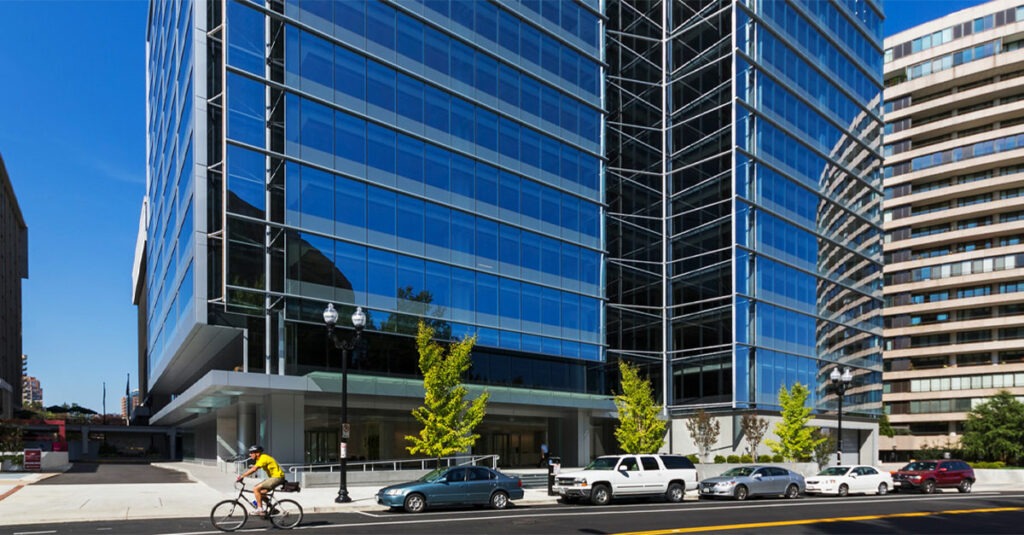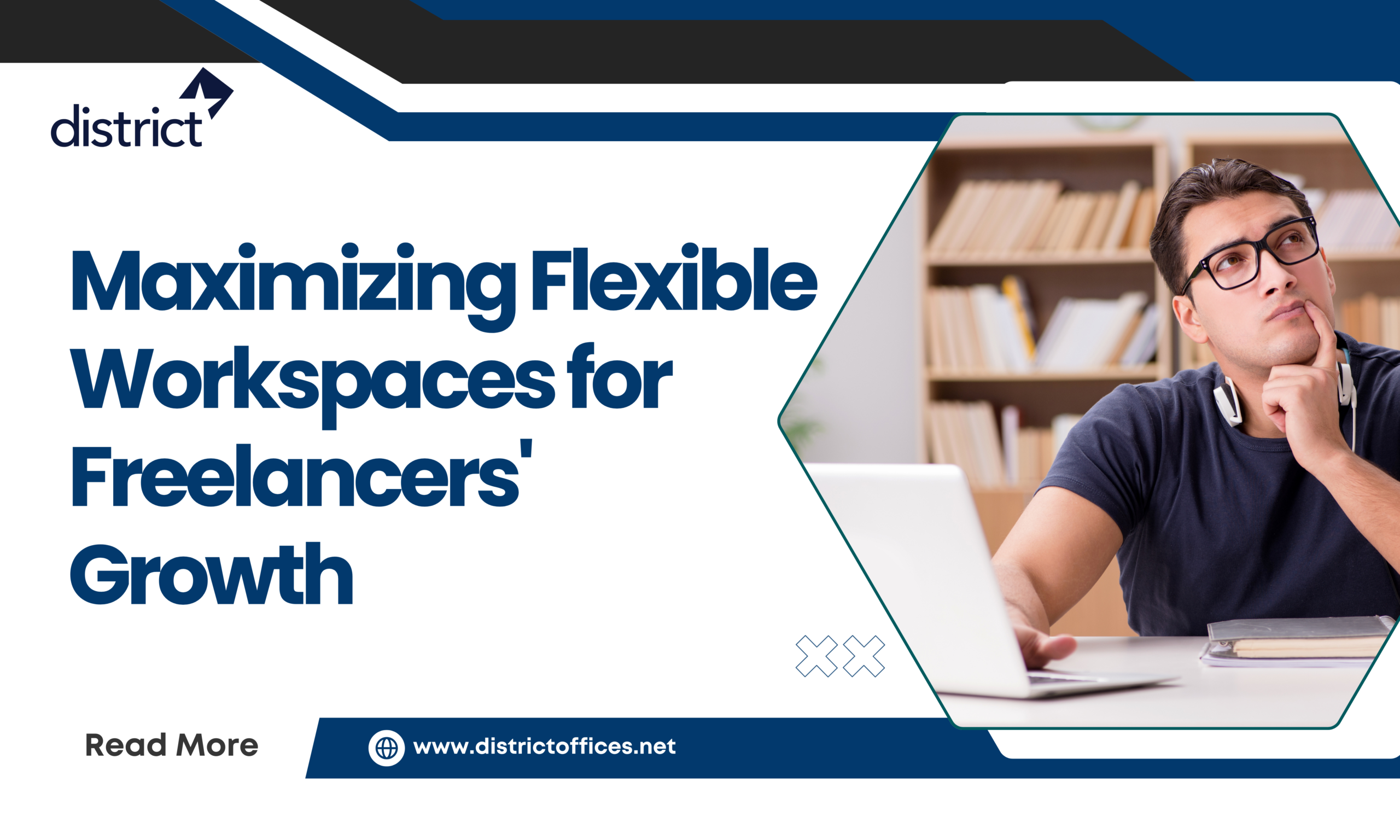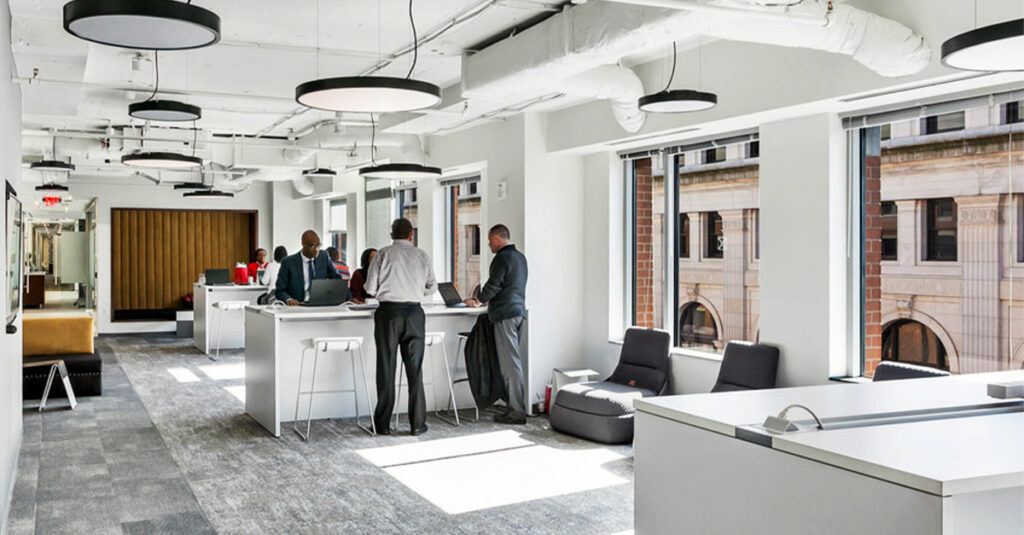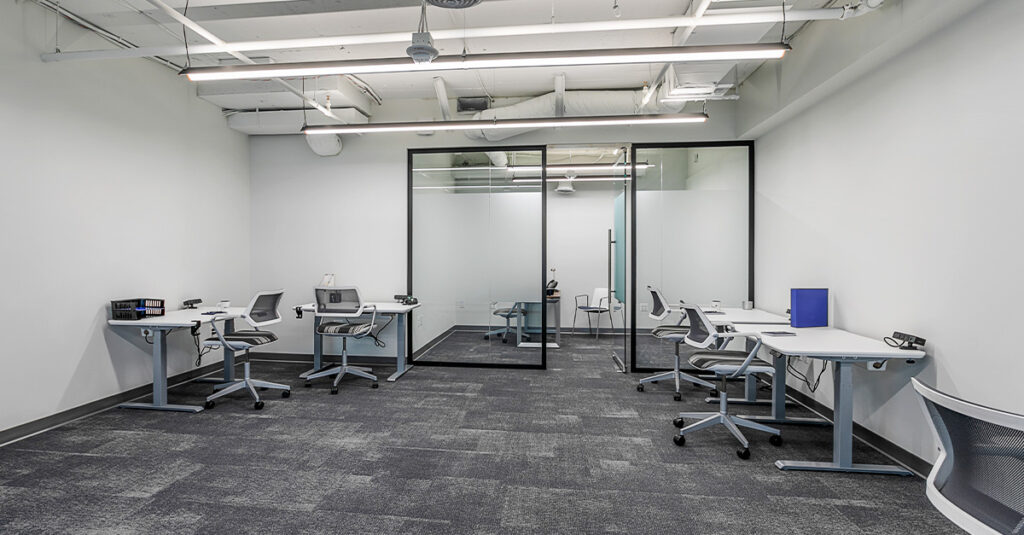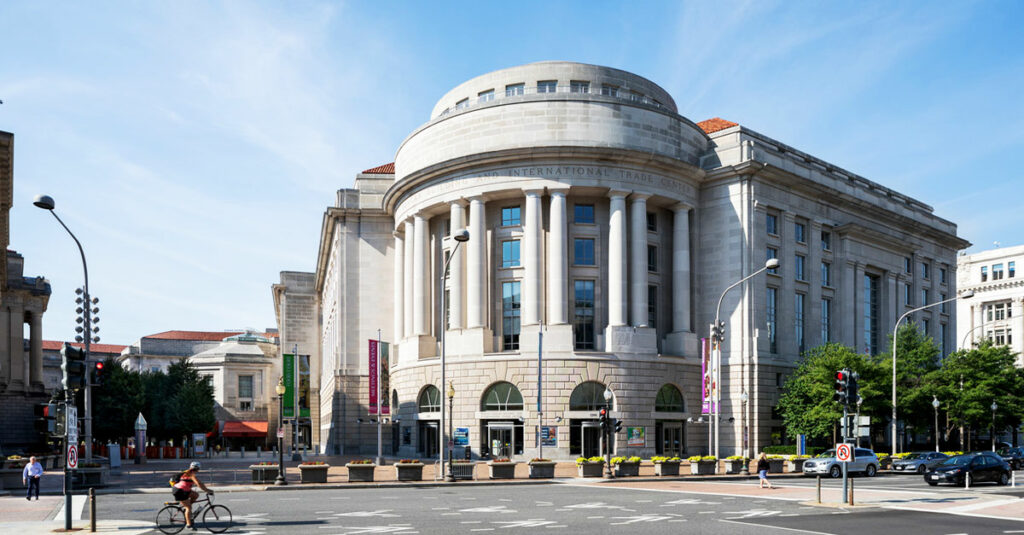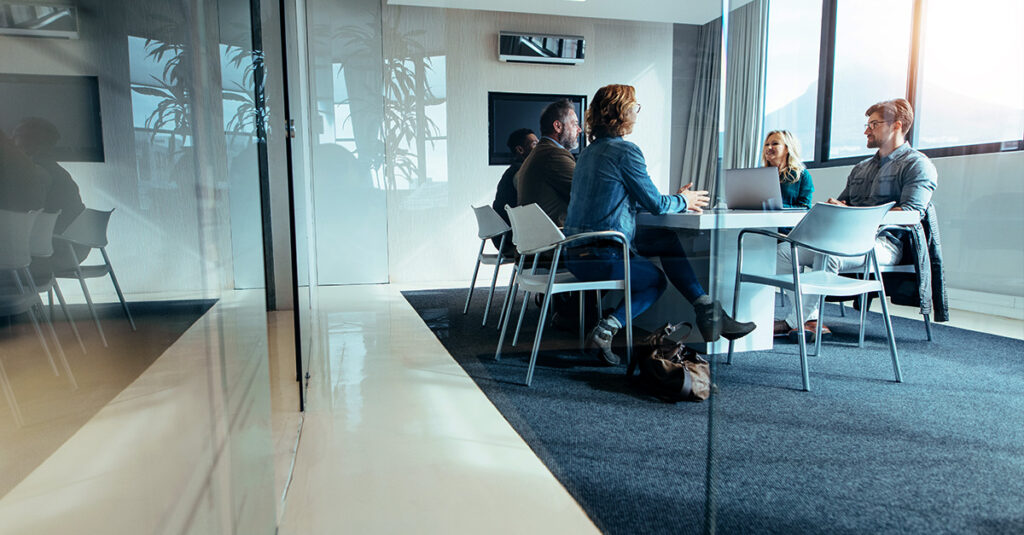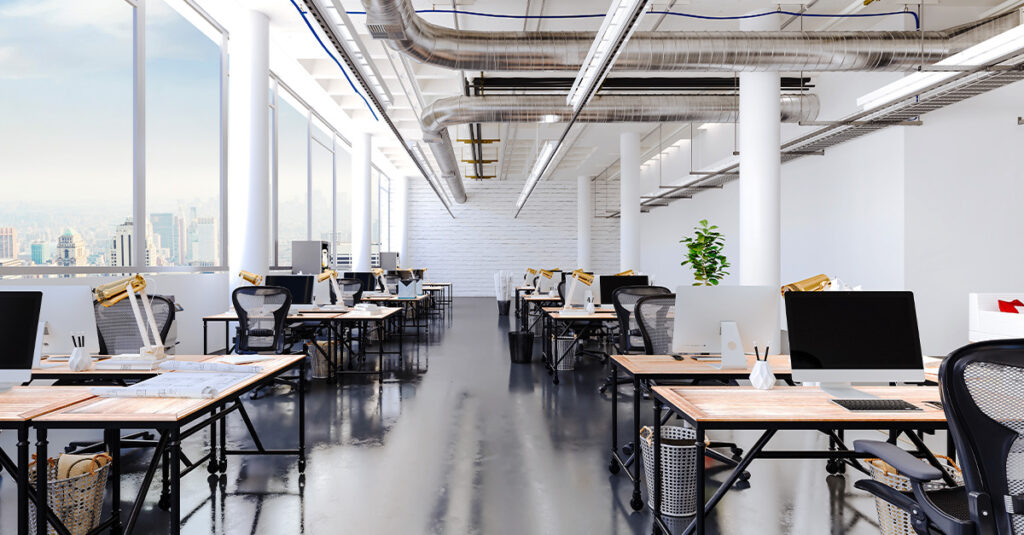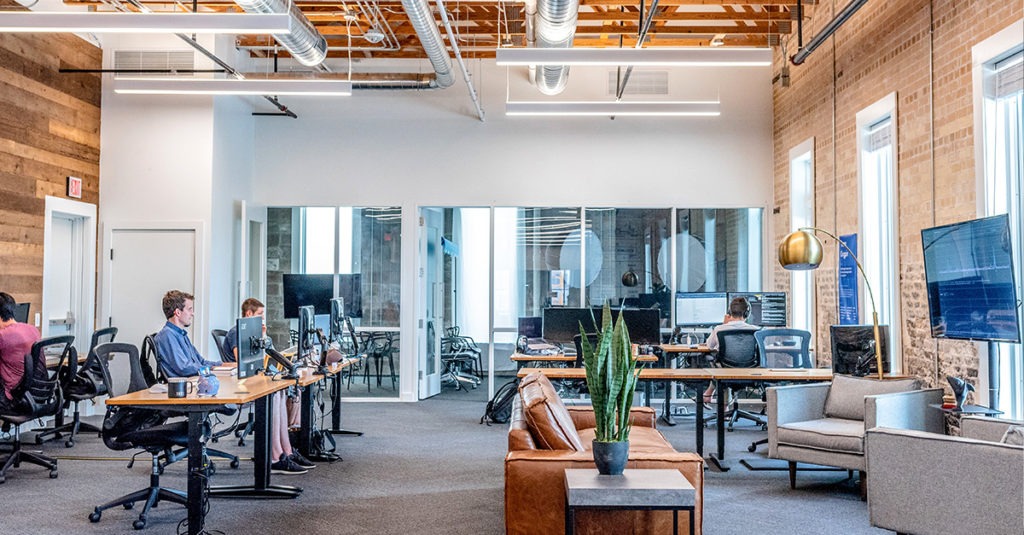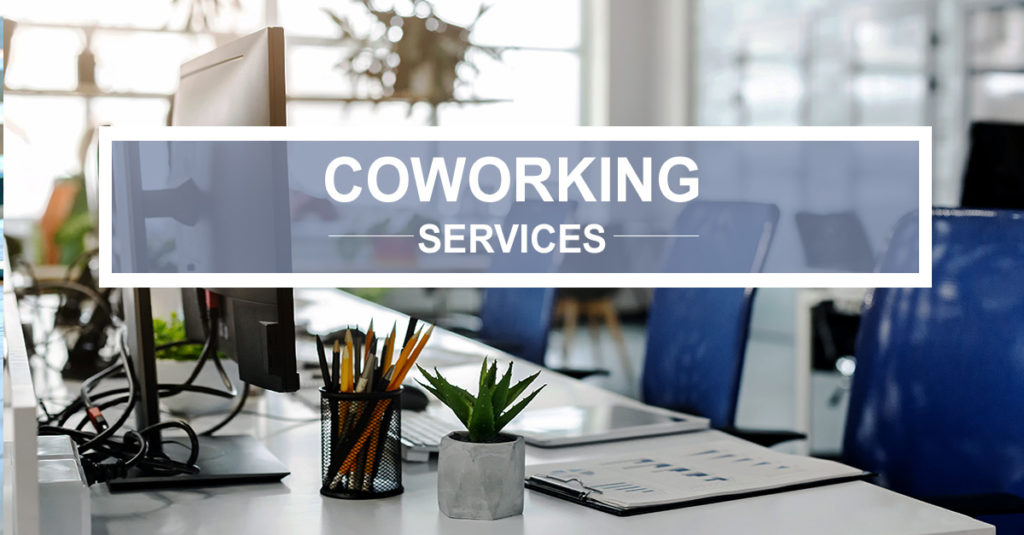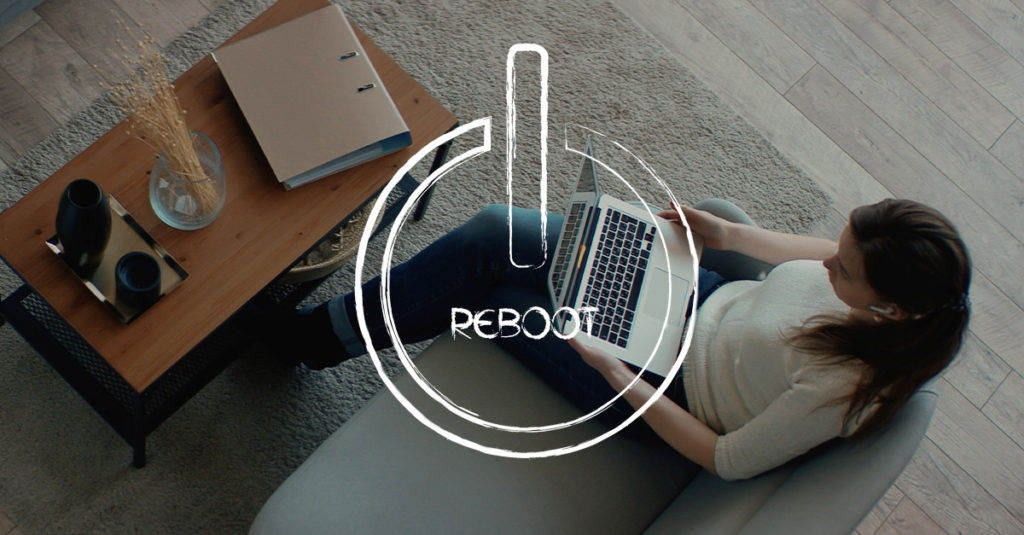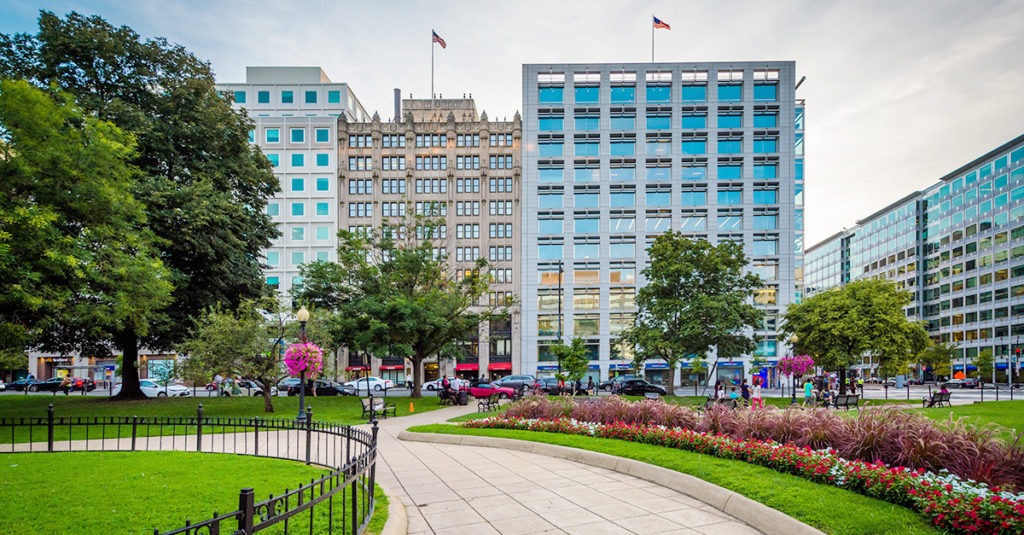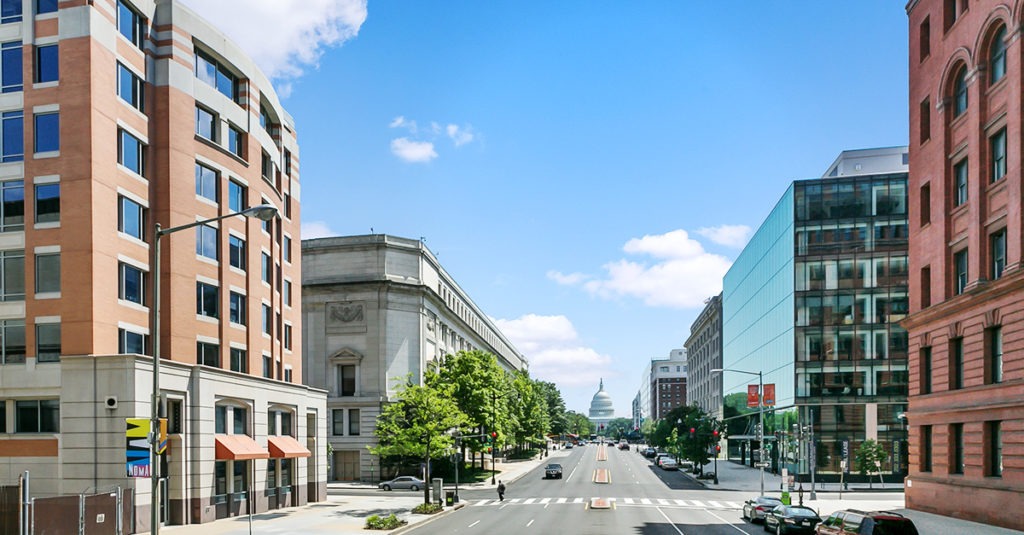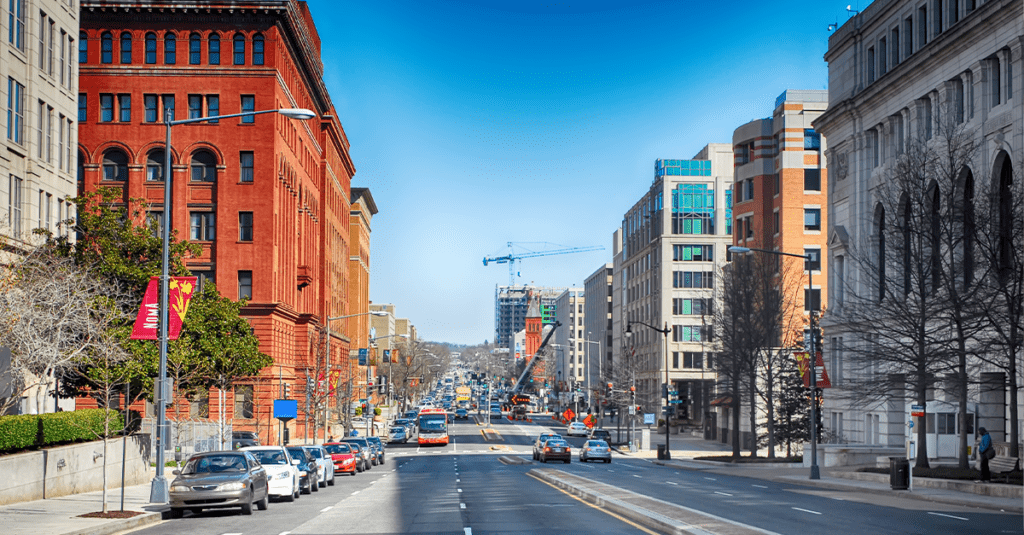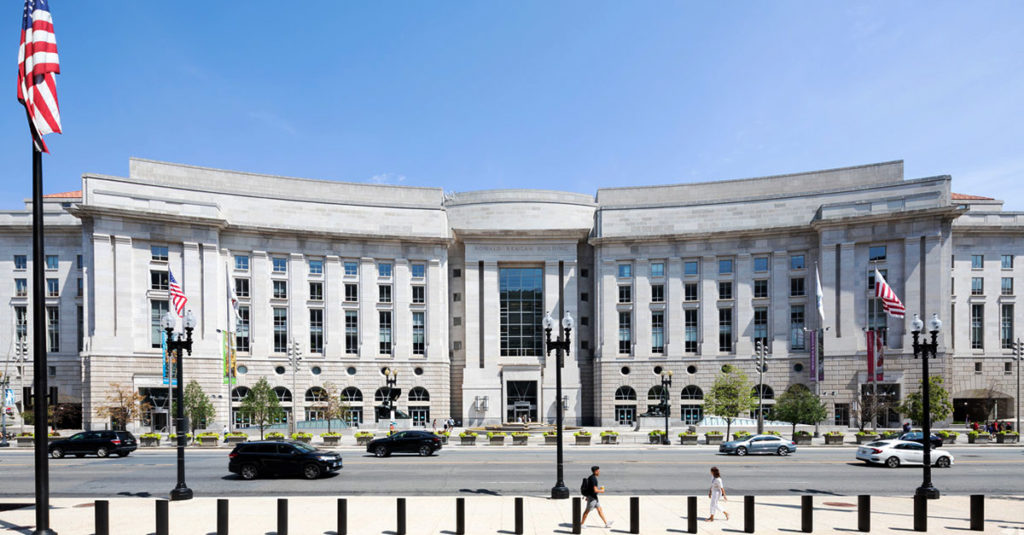These days it’s not so easy to predict the future particularly for companies that are always dealing with change. One major shift we’re seeing? The rapid rise of flexible workspaces. These modern office setups are transforming the way we think about where and how work gets done.
According to the Global Risks Report 2024 by the World Economic Forum, the need for greater flexibility and innovation in the workplace is more pressing than ever. The report presents major risks that could challenge us over the next ten years, fueled by technological change, economic instability, climate change, and geopolitical tensions.
Furthermore, Organizations that focus on employee well-being, mental health, and flexible work arrangements can boost employee loyalty toward their organization.
In this article, we will explore the 5 most important reasons why flexible workspaces are leading the way to the future. Moreover, we’ll cover the benefits and trends that are defining the contemporary office landscape.
Table of Contents
ToggleWhy Flexible Workspaces Are the Future?

Cost Efficiency
The workspace demands the high because the rise of remote and hybrid work models, fueled by digital tools and connectivity, has transformed how and where employees work.
Flexible workspaces provide a solution by offering adaptable office arrangements that cater to employee needs, allowing businesses to scale quickly, reduce costs, and foster a more dynamic and collaborative culture.
Flexible workspace generally works on a pay-as-you-go model which simply means businesses need to pay only for the space they use, unlike traditional long-term leases that require hefty commitments. It has been successful in telecommunication, cloud infrastructure, and saas markets with other industries taking a look at how to embrace this model.
When in business, a decision needs to be made as to which business model will best suit the business and its consumers. That is why businesspeople need to look over each type thoroughly to determine if one business model is more suitable than another.
- Flexible workspaces include utilities, maintenance, and shared resources like furniture and internet, reducing operational costs compared to traditional offices.
- It offers a less risky alternative to long-term leases, allowing startups and small businesses to allocate funds toward growth without heavy upfront investments.
- Demand for traditional office spaces is declining as more companies opt for flexible solutions, driven by the rise of remote and hybrid work models that don’t require large, permanent office footprints.
Also Read: Virtual and Private Offices for Federal Employees Affected by DOGE’s Layoffs
Increased Employee Productivity and Well-being
Workplace flexibility has become a key player in improving employee happiness because it allows employees to work in an environment that suits their personal needs and preferences, which fosters a most balanced and effective workday.
It benefits employees in three major ways:
Work-life balance: Flexibility always plays a crucial role in supporting work-life balance because of open options like remote and hybrid models. These setups provide employees with the ability to manage their work and personal lives.
Healthy environments: Many workplaces are designed with employee health in mind including ergonomic furniture, fitness facilities, and even relaxing common areas. These meaningful designs nurture both the physical and mental health of employees.
Employee satisfaction: When employees feel that their needs are being understood and met, it leads to greater satisfaction and loyalty. It was found in the employment sector that organizations take care of their employees. The employee stays in that company for the longer run.
Enhanced Collaboration and Networking Opportunities
Coworking spaces are designed to create an environment that encourages interactions with a diverse group of professionals. By bringing together diverse individuals from different industries together, these spaces foster collaborative idea-sharing and innovation.
One Benefit of Flexible coworking space is the abundance of networking opportunities they provide. A business like this mostly deals with new ideas, partnerships, and client leads.
Enhanced Collaboration and Networking Opportunities
Coworking spaces are designed to create an environment that encourages interactions with a diverse group of professionals. By bringing together diverse individuals from different industries together, these spaces foster collaborative idea-sharing and innovation.
One Benefit of Flexible coworking space is the abundance of networking opportunities they provide. A business like this mostly deals with new ideas, partnerships, and client leads.
Also, it helps in Diverse Workforce, Collaborative Tools, Events, and Workshops:
Co-working Spaces are equipped with advanced tools which include video conferencing setups, shared project management software, and other technological resources aimed at attracting professionals.
These offices are also designed to host networking events, workshops, and educational seminars. This approach facilitates both internal and external teams—to work together seamlessly, even if they are located in different areas.
Adaptability and Scalability
As companies expand or see fluctuations in demand, flexible workspaces offer flexible solutions that enable organizations to stay responsive to shifting needs. It can help the expansion or contraction of company space without being bound by long-term office leases.
Some supporting points
Long-term viability, methodology in Response to Market Changes, Scalable Solutions. As companies move through the different stages of growth, flexible spaces evolve to meet the changing demands of business.
Whether facing economic downturns or taking advantage of growth opportunities, offices should be flexible for this change.
Flexible workspaces allow businesses to scale up or down based on current needs. Whether a company is growing rapidly or experiencing a temporary decline.
Sustainability and Environmental Benefits
Many flexible workspaces prioritize sustainability and eco-friendly businesses to reduce their carbon footprint. These spaces help waste and encourage more efficient use of resources, making them a responsible organization that wants to contribute to sustainability.
The organization majorly looks forward to achieving Reduced Energy Consumption: Minimized Office Resources and support for Green Businesses.
Flexible workspace incorporates energy-efficient technologies, such as LED Lighting, climate control Systems, and sustainable building materials, services like waste management, recycling programs, and green building certifications ensure that these spaces run with minimal environmental impact.
How the District Office Can Help You Embrace Flexible Workspaces?
The District Office offers innovative workspace solutions designed to help you adapt and thrive in this dynamic environment. We prioritize the well-being of employees by creating work environments that promote both physical and mental health. Here are certain points you can find on this
As businesses continue to navigate the evolving landscape of remote and hybrid work models, we offer innovative workspace solutions designed to help you adapt and thrive in this dynamic environment.
Whether you are choosing between a private office or a dedicated desk, we provide flexibility, cost-efficiency, and a community-focused atmosphere that can support your business growth and employee well-being.
Here’s how the district can support you in embracing the future of flexible workspaces:
1. Tailored Solutions for Your Budget and Needs
2. Foster a Healthier Work-Life Balance for Your Team
3. Access to Networking Opportunities
4. Flexibility for Growth and Change
5. Sustainable, Eco-Friendly Workspaces
Our flexibility supports business towards growth which allows you to easily adjust your workplace according to your needs. We promote sustainability with eco-friendly features like energy-efficient lighting with eco-friendly effects. With our convenient locations across Washington, DC, including Georgetown, Farragut Square, Pennsylvania Avenue, and Capitol Hill, you can enjoy premium office amenities and access to a dynamic professional community.
Conclusion
Flexible workspaces are not just a trend they are the need of the future of the workplace, business providing methodology, cost efficiency, and employee satisfaction they need to thrive in an ever-changing world.
By promoting employee well-being which offers work-life balance and creating healthy sustainable environments flexible workspaces help businesses stay competitive while improving employee productivity and satisfaction.
At the District office, we are committed to supporting your business with workspace solutions, from private offices to dedicated desks, we are designed to promote flexibility, innovation, and growth. Embrace the future of work with us and enjoy the benefits of sustainable community-driven workspaces that adapt to your needs.
District Offices facilitate inspiration and customization to enable businesses to grow and succeed.
Frequently Asked Questions
Why coworking spaces are the future of work?
Coworking offices are the future of work due to employee amenity and for companies they are scalable, affordable, and flexibility that enables companies to be agile to long-term commitments This agility is central to the future of work trends as it enables people to have a work-life balance that fits their individual requirements.
Why Coworking is Superior to Working from Home?
Coworking offices provide an easy distinction between work and life which supports productivity. They provide networking and teamwork which do not exist while working from home. It also provides a professional setup with the necessary facilities.
What is a Flexible Future?
The adaptable future is a flexible work arrangement model, such as hybrid or remote, that offers employee choice and balance. It promotes responsive workplaces and tech-enabled collaboration. The adaptable future enables companies and workers to respond to changing needs.
What are the Advantages of Flexible Layouts?
Flexible layouts allow for office spaces to be customized based on team requirements, boosting productivity. They promote collaboration by offering flexible areas for differing activities. They also allow for companies to maximize space and save costs.
